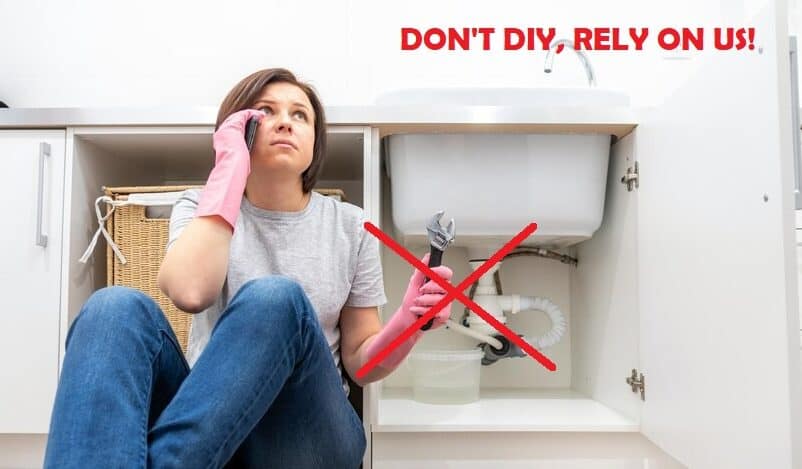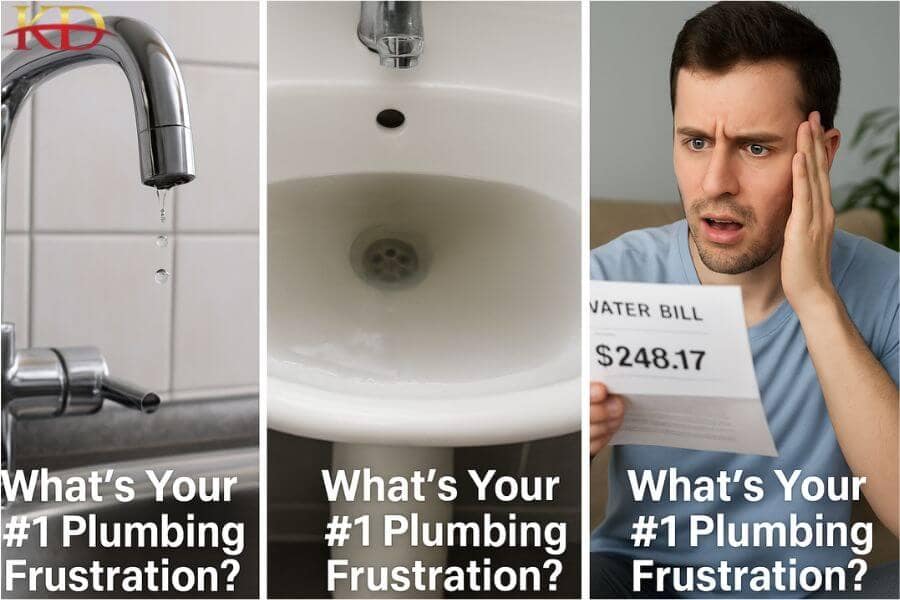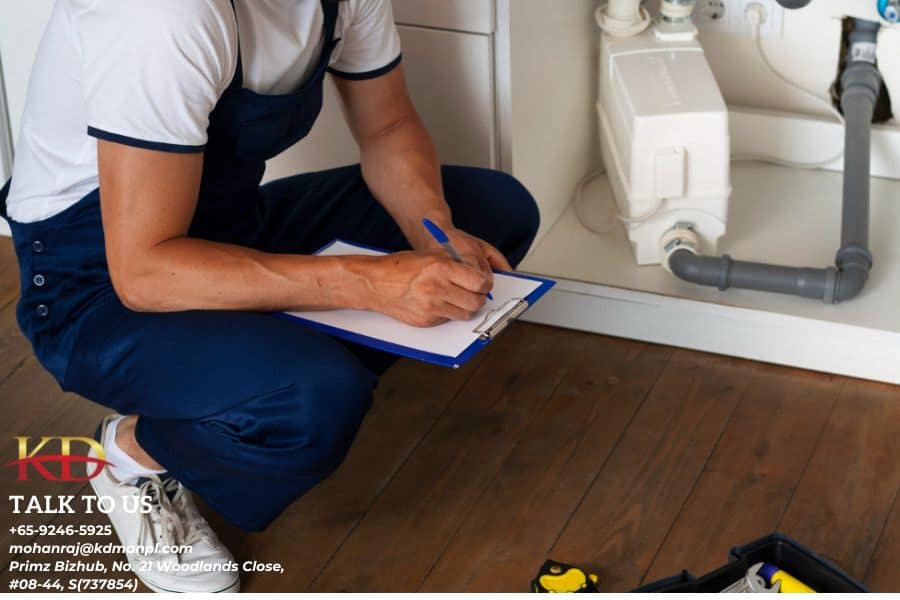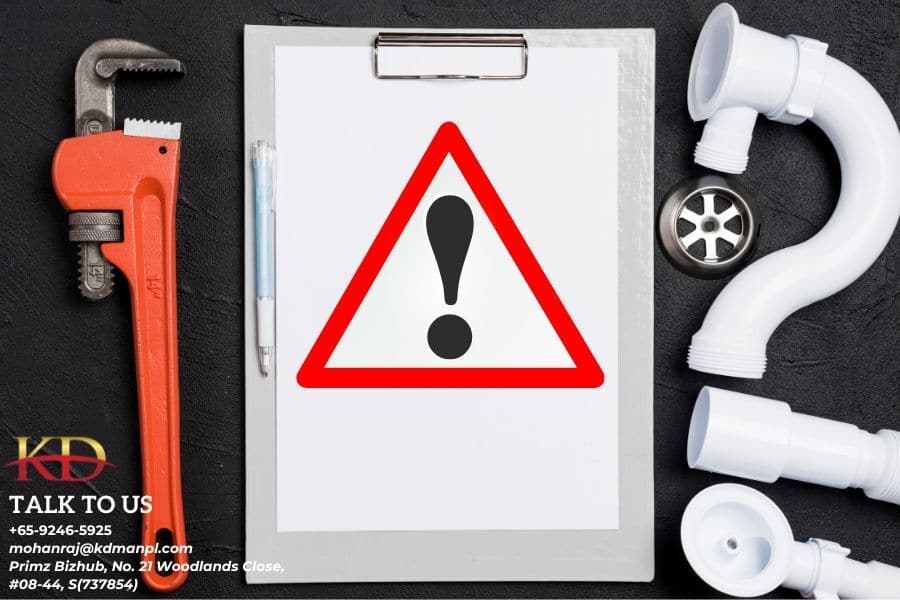In the bustling city-state of Singapore, where innovation and resourcefulness are celebrated virtues, the temptation to tackle home improvement projects oneself can be strong. However, when it comes to plumbing, DIY endeavors can quickly turn into costly disasters. While the DIY spirit is admirable, plumbing systems are complex and delicate, requiring specialized knowledge and expertise to navigate safely. In this article, we’ll explore the hidden dangers of DIY plumbing projects in Singapore and why entrusting these tasks to professional plumbers is essential for the well-being of your home and your wallet.
1. Compliance with Regulations: Singapore has stringent building codes and regulations governing plumbing installations and modifications. DIY enthusiasts may inadvertently violate these regulations, risking fines, penalties, and even legal repercussions. Professional plumbers are well-versed in local codes and standards, ensuring that all work complies with regulatory requirements, safeguarding homeowners from potential liabilities.
2. Water Quality and Safety: Improper plumbing installations can compromise water quality and safety, posing health risks to occupants. In Singapore, where clean and potable water is a top priority, any contamination or compromise of water supply is unacceptable. Professional plumbers adhere to best practices and use quality materials to ensure the integrity of the water supply, protecting the health and well-being of residents.
3. Structural Integrity: DIY plumbing projects can inadvertently damage the structural integrity of a home, leading to leaks, flooding, and costly repairs. Improperly installed pipes, fittings, and fixtures may weaken the building’s infrastructure over time, resulting in structural damage and compromised stability. Professional plumbers assess the structural implications of plumbing work and employ techniques to minimize risks, preserving the longevity and integrity of the property.
4. Hidden Hazards: Plumbing systems conceal hidden hazards that DIY enthusiasts may overlook or underestimate. From electrical wiring near water lines to gas pipes intermingled with plumbing fixtures, navigating these hazards requires specialized knowledge and caution. Professional plumbers undergo rigorous training and certification to identify and mitigate potential hazards, ensuring the safety of occupants and property.
5. Warranty and Insurance Coverage: DIY plumbing projects void warranties and insurance coverage, leaving homeowners financially vulnerable in the event of accidents or failures. Professional plumbers offer warranties on their workmanship and often collaborate with reputable suppliers who provide product warranties. Additionally, licensed plumbers carry insurance coverage, protecting homeowners from liability in case of damages or injuries during the course of work.
Conclusion:
While the allure of DIY projects may be tempting, the risks associated with DIY plumbing endeavors far outweigh the potential benefits. From regulatory compliance to water safety, structural integrity, hidden hazards, and financial protection, the stakes are high when it comes to plumbing work. By entrusting plumbing projects to qualified professionals, homeowners can enjoy peace of mind knowing that their homes are in capable hands, and their investments are safeguarded for years to come.





Leave a Reply